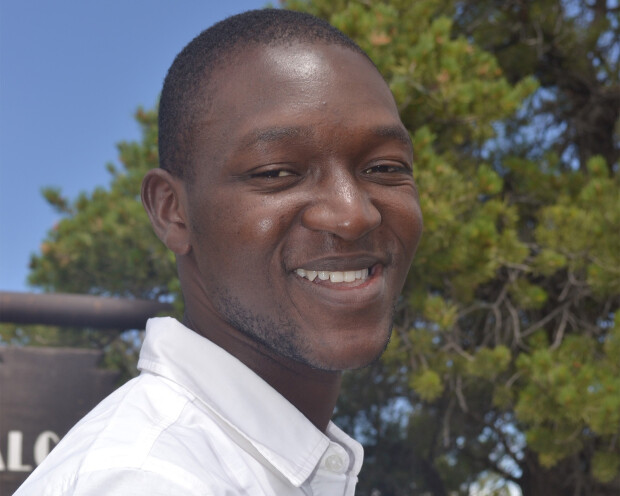PhD defence Bassirou Souleymane Tiemogo

Supervisors
Prof. dr. Bouke de Jong (ITM)
Prof. dr. Leen Rigouts (ITM/University of Antwerp)
Prof. dr. Tom Decroo (ITM)
Prof. dr. Saidou Mamadou (Université Abdou Moumouni de Niamey, Niger)
Prof. dr. Eric Adehossi (Université Abdou Moumouni de Niamey, Niger)
Abstract
Tuberculosis (TB) remains a critical global health challenge. In 2023, it reclaimed its position as the leading cause of death from a single infectious agent. That year, nearly half a million people were infected with multidrug-resistant (MDR) or rifampicin-resistant (RR) TB. MDR-TB refers to bacteria that are resistant to isoniazid and rifampicin, the two most powerful first-line TB drugs, yet only 40% of these cases were diagnosed and treated. Treatment success rates reflect this challenge. While 88% of new TB patients were successfully treated in 2023, this dropped to 78% among retreatment TB patients and just 68% among those with MDR TB. In Niger, a resource-limited setting with high TB burden, diagnostic gaps and limited access to drug susceptibility testing (DST) exacerbate the crisis.
My PhD research focused on managing difficult-to-treat TB in Niger, particularly recurrent rifampicin-susceptible (Rs)-TB, RR-TB and recurrent RR-TB. Conducted during the COVID-19 pandemic, my work integrated public health responses, including simultaneous TB/COVID-19 screening, which proved effective in detecting TB.
To address recurrent Rs-TB, we conducted the TRIDORE clinical trial, which compared a novel six-month regimen of the four first-line drugs using triple doses of rifampicin and isoniazid (6R3H3ZE), with the standard-dose six-month (6RHZE) regimen. Although the triple-dose approach was intended to overcome undetected isoniazid resistance in the absence of DST, it resulted in significantly more severe adverse events and was deemed not recommended for programmatic use.
For RR-TB, we evaluated Niger’s adaptive short treatment regimen, which contains a second-line injectable drug. This is replaced with linezolid if any ototoxicity is detected at baseline or during monthly audiometry tests. The approach was compared with the WHO-recommended all-oral 9-month regimen containing bedaquiline and linezolid. Both regimens showed comparable efficacy, but the adaptive short treatment regimen in Niger had significantly fewer severe adverse events, which supports its use and suggest that tailoring treatment based on individual tolerance can mitigate toxicity without compromising efficacy, even when using injectable drugs that are typically considered poorly tolerated.
Finally, we studied a cascade treatment approach for patients with recurrent RR-TB following an unfavourable outcome on a fluoroquinolone-based short treatment regimen. Retreatment with a bedaquiline-based regimen led to a high relapse-free cure, ensuring no patient was left without effective treatment options.
This thesis demonstrates that context-adapted, safety-conscious treatment strategies supported by pragmatic designs and programmatic flexibility are essential in high-burden, low-resource settings for TB and RR-TB control.
Schedule
ITM Campus Rochus, Aula P.G. Janssens, Sint-Rochusstraat 36, 2000 Antwerpen
10 am - 12 pm. Please be on time, doors open at 9:45 and close at 10 pm.
RSVP via this form for the defence and refreshments afterwards (non-alcoholic drinks & lunch sandwiches) @ Campus Rochus, 12 pm.
Antwerp is a Low Emission Zone and parking availabilities are limited. See for travelling information and parking regulations: https://www.itg.be/en/travelling-to-itm & https://www.slimnaarantwerpen.be/en/home
Spread the word! Deel dit evenement op